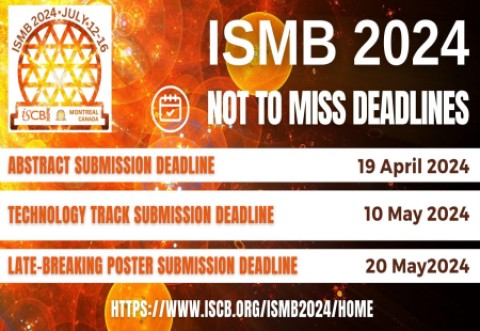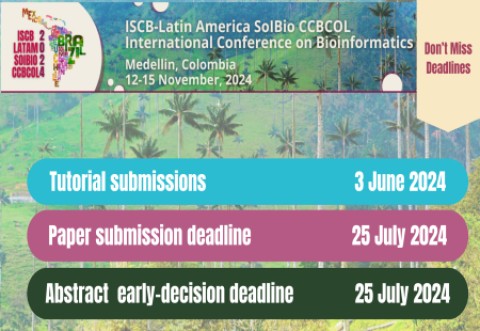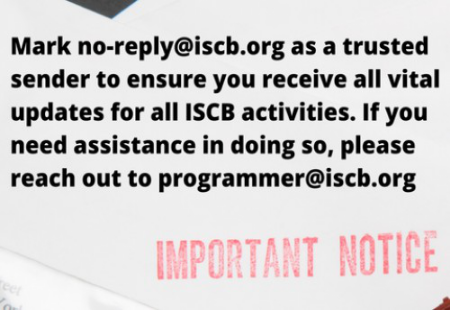
FASEB News - October 4, 2010
Contact: Cody Mooneyhan
This email address is being protected from spambots. You need JavaScript enabled to view it.
301-634-7104
Federation of American Societies for Experimental Biology
Scientists Discover a New Way our Bodies Control Blood Pressure: the P450-EET System
New research in the FASEB Journal suggests that increasing the level of the P450 protein causes the creation of molecules called EETs, which lower blood pressure
If you are one of the millions of Americans with high blood pressure, more help is on the way. That's because a new research study published in the October 2010 print issue of The FASEB Journal (www.fasebj.org) shows that a protein, called P450, metabolizes arachidonic acid in our blood vessel walls to create a tiny molecule with a big name—epoxyeicosatrienoic acid (EET)—which in mice, turns off genes responsible for vascular inflammation and ultimately relaxes blood vessels to lower blood pressure. This protein and genes are also present in humans.
"We hope these results will help advance the development of new blood pressure lowering agents that increase EETs," said Craig R. Lee, M.D., from the National Institutes of Health's National Institute of Environmental Health Sciences in Research Triangle Park, N.C. "In particular, we hope that targeted-use of these new therapies in individuals with a poorly functioning P450-EET system will ultimately prove to be an effective treatment for patients with high blood pressure."
Lee and colleagues discovered this new protein using genetically modified mice with human P450 present in the cells lining the blood vessels, and using normal mice as a control group. The scientists found that the P450 caused the mice to produce EETs, which in turn caused the relaxation of blood vessels and lower blood pressure. When the mice were exposed to substances that increased blood pressure, the P450 mice had lower blood pressure and less damage to the kidneys than the normal mice. These results show that the P450-EET pathway is a target for the development of new blood pressure medications, and these findings may influence drug development for other diseases, such as coronary artery disease, stroke, and cancer.
"Whether you're a Type A personality, overweight and out of shape, or genetically wired to have high blood pressure, this research offers real hope," said Gerald Weissmann, M.D., Editor-in-Chief of The FASEB Journal "Having discovered a pivotal role for the P450-EET system, scientists can now develop a new class of drugs not only for lowering blood pressure, but also for preventing strokes and heart attacks."
###
Receive monthly highlights from The FASEB Journal by e-mail. Sign up at www.faseb.org/fjupdate.aspx. The FASEB Journal (www.fasebj.org) is published by the Federation of the American Societies for Experimental Biology (FASEB). The journal has been recognized by the Special Libraries Association as one of the top 100 most influential biomedical journals of the past century and is the most cited biology journal worldwide according to the Institute for Scientific Information.
FASEB comprises 23 societies with more than 100,000 members, making it the largest coalition of biomedical research associations in the United States. FASEB enhances the ability of scientists and engineers to improve—through their research—the health, well-being and productivity of all people. FASEB's mission is to advance health and welfare by promoting progress and education in biological and biomedical sciences through service to our member societies and collaborative advocacy.
Details: Craig R. Lee, John D. Imig, Matthew L. Edin, Julie Foley, Laura M. DeGraff, J. Alyce Bradbury, Joan P. Graves, Fred B. Lih, James Clark, Page Myers, A. Ligon Perrow, Adrienne N. Lepp, M. Alison Kannon, Oline K. Ronnekleiv, Nabil J. Alkayed, John R. Falck, Kenneth B. Tomer, and Darryl C. Zeldin. Endothelial expression of human cytochrome P450 epoxygenases lowers blood pressure and attenuates hypertension-induced renal injury in mice. FASEB J. 2010 24: 3770-3781. DOI: 10.1096/fj.10-160119; www.fasebj.org/cgi/content/abstract/24/10/3770






























